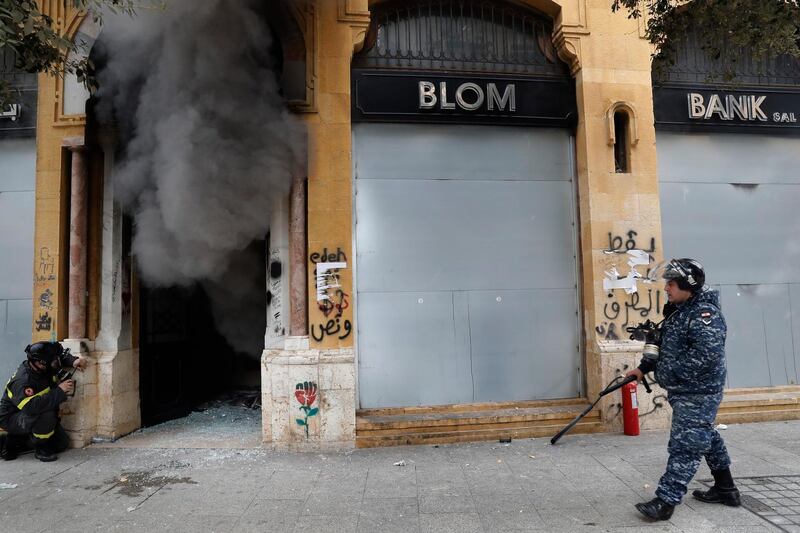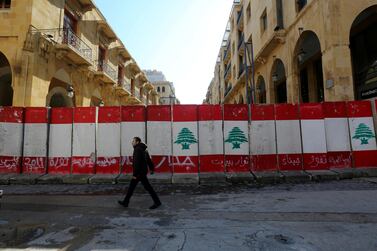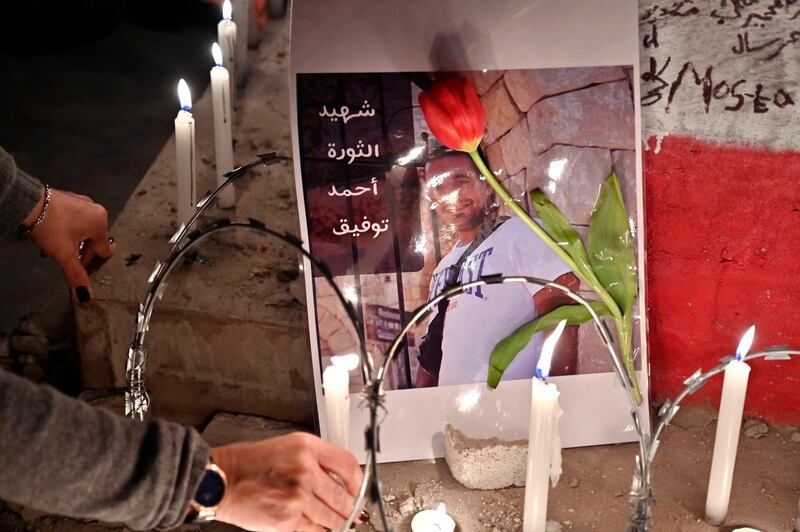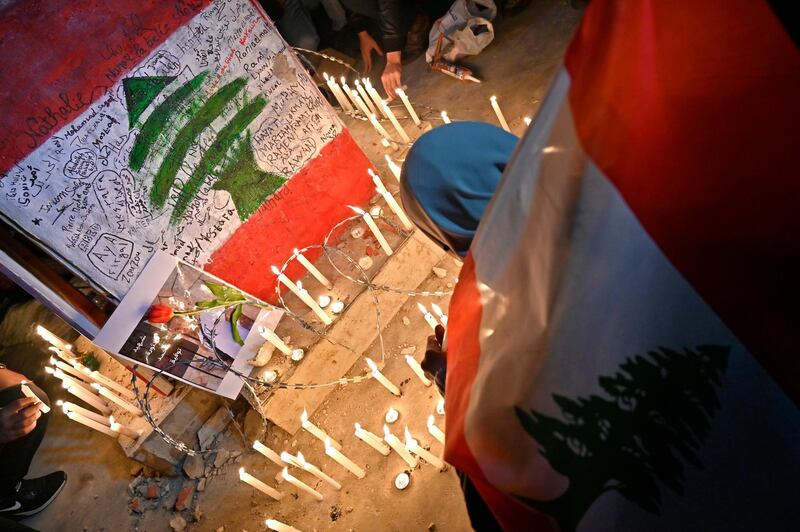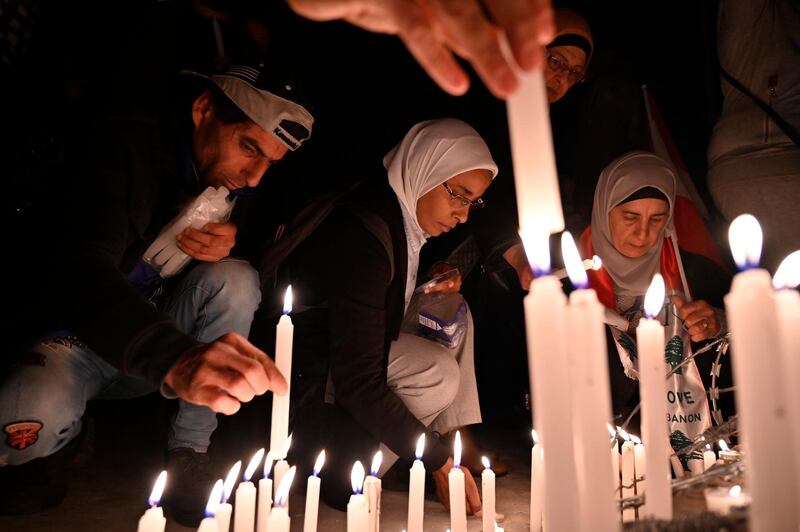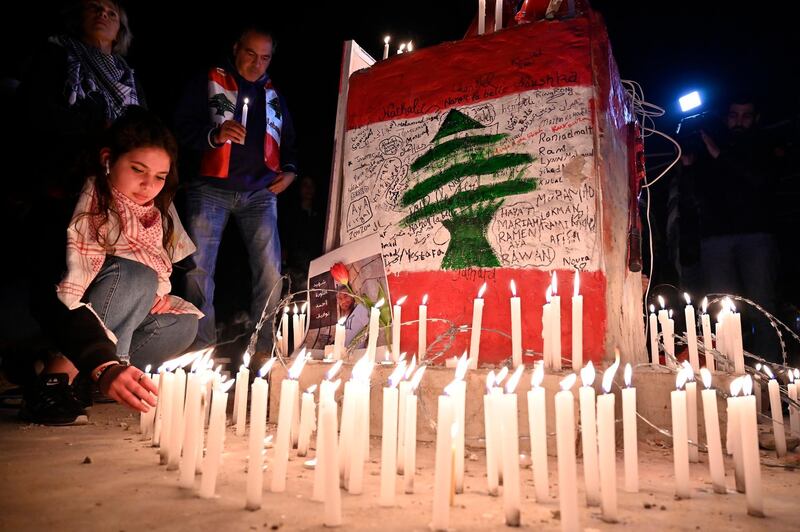The International Monetary Fund will visit Lebanon starting tomorrow for consultations with officials as the country grapples with its worst economic crisis in three decades, the Washington lender said in a statement late Tuesday.
A small IMF staff team will visit Beirut from February 20–23 “to listen to the authorities’ views on how they plan to face Lebanon’s economic difficulties, to take stock of recent macroeconomic developments, and provide broad technical advice on policies to deal with the macroeconomic challenges facing the economy,” Gerry Rice, the IMF’s director of communications and spokesman said in a statement.
Lebanon has still not requested financial assistance from the Washington lender, Mr Rice said. The country reached out to the fund last week seeking technical advice as it faces a looming deadline to repay $1.2 billion (Dh4.4bn) eurobonds that hit maturity on March 9. Another $700 million is due in April and $600m in June.
On Tuesday Fitch Ratings said Lebanon's financial position points to a likely restructuring of its debt and financial sector.
"Although Lebanon technically retains foreign-exchange reserves sufficient to service its sovereign debt repayment obligations in 2020-21, the costs of meeting its obligations would be so high that this outcome appears politically unrealistic," the rating agency said. "We believe that some form of government debt restructuring is probable."
Lebanon currently faces a liquidity crunch, a shortage of dollars and capital controls by lenders that have eroded confidence in the banking sector. The country has one of the highest debt-to-gross domestic product ratios (166 per cent) in the world, according to the Institute of International Finance (IIF). Its public debt increased 7.6 per cent to $91.64bn year-on-year as of the end of December 2019.
Government debt restructuring "will be only part of the challenge," Fitch said. "To achieve economic stabilisation the authorities may also have to address the central bank's liabilities and intertwined balance sheets [of the bank] ... and the commercial banks, which could have implications for depositors. Fundamentally, debt sustainability will be contingent on a meaningful fiscal and structural reform process."
_____________
[ Second Lebanese protester dies in anti-government protests ]
_____________
Last month, the IIF estimated Lebanon will need a bailout package of $8.5bn from the IMF to break its economic impasse and help it meet its financing needs and restore growth.
The country's longtime parliamentary Speaker, Nabih Berri, said citizens, who have been protesting since October, would reject an IMF bailout programme that would most likely require the country to float its currency, forcing a major devaluation, in addition to the implementation of higher taxes and austerity measures.
The Lebanese pound has already lost more than a third of its value against the US dollar in the black market.
